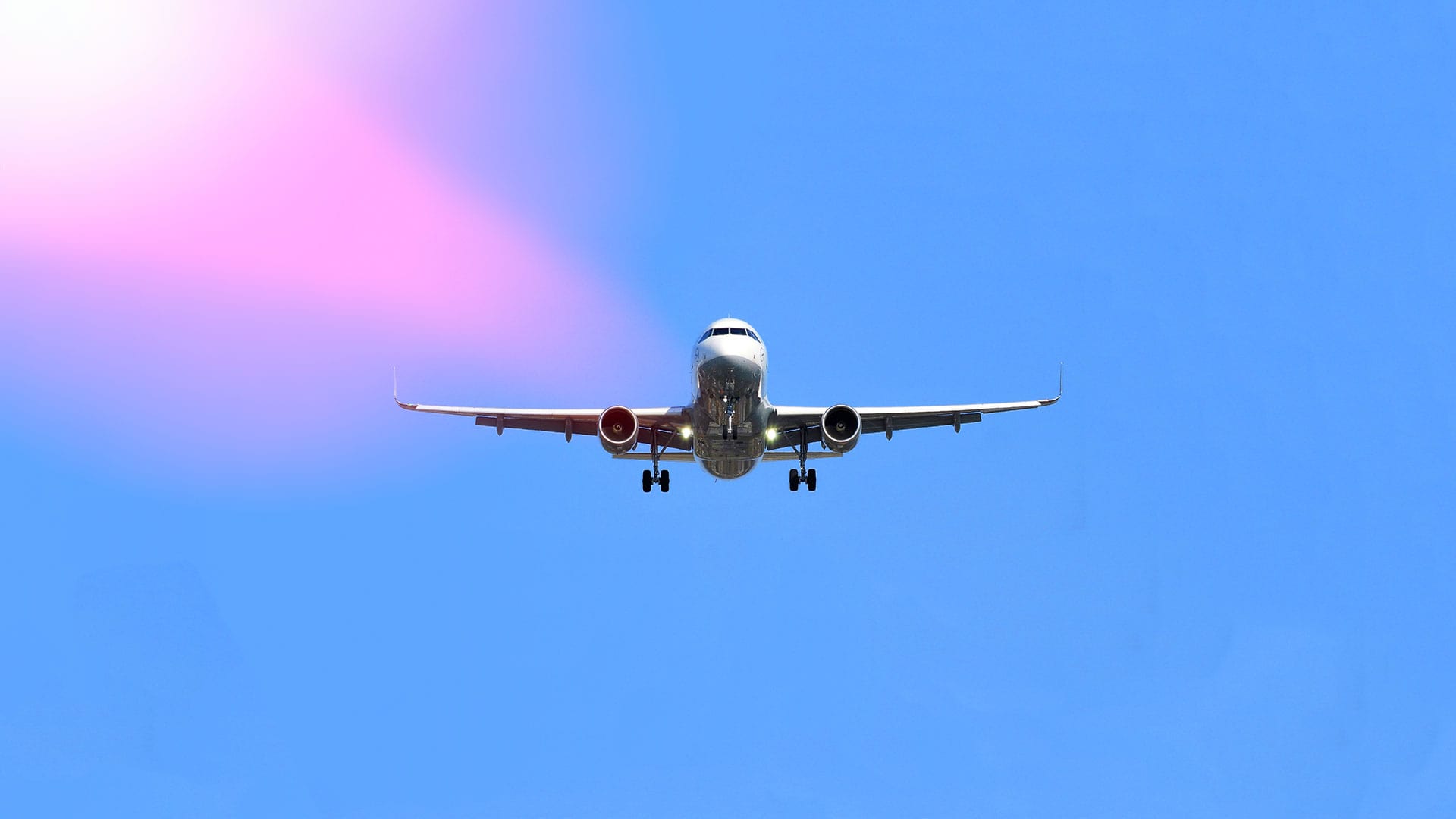
Boeing suffered another blow in the ongoing grounding of the 737 Max as it reported a $40 million third quarter loss in 2019.
The loss, down from last year’s $2 billion profit, comes at a time when Boeing is facing questions regarding the MACS, the anti-stall system that was identified as the cause of two crashes last year. Crashes that resulted in a worldwide grounding of the 737.
Meanwhile, Federal investigations in the U.S. have uncovered that Boeing knew of issues with the MACS as long ago as two years before the crash. This is based on a series of messages between Boeing’s then chief technical pilot for the 737, Mark Forkner and another pilot, Patrik Gustavsson that revealed that Forkner had experienced problems with the MCAS during a flight simulation.
However, the fallout from the grounding is not just limited to the 737 models but has spread to other Boeing models. Production on the wide-bodied 787 Dreamliner has been cut from 14 aircraft per month to 12 per month for the next two years, with Boeing citing the “current global trade environment” as the reason behind the decision.
Many U.S airlines are not expecting the 737 to be in the air any time soon. The company delivered five 737 jets in the third quarter compared with 138 a year ago. Reports from the U.S. suggest that more than 350 jets are still undelivered, and Boeing has taken to parking many of its jets in the employee car park outside its factory in Renton, Washington.
Yet, Boeing expects production to increase on the 737 from the current rate of 42 per month to 57 per month by late 2020. Such a slow rate of production expands the large backlog of commercial aircraft orders outstanding, which stands at 5,500 with a value of $470 billion. Therefore, it is no surprise that third quarter debt has risen significantly too - up to $24.7 billion from $19.2 billion. Similarly, operating cashflow for Boeing in the 3rd quarter was -$2.4 billion in the same period as last year, a reduction from last year’s 4.6 billion surplus.
Over the coming months, as the investigation gathers pace, there are plenty of revelations to come (CEO Denis Muilenburg is due to testify on the 30th October), so the future for the 737 is unclear. Yet, one thing is for certain, this is the end of the beginning for Boeing. Investors, business analysts, clients, suppliers, insurers and risk management specialists will be watching developments with some interest.

Related Articles
Aviation
Aviation
Aviation